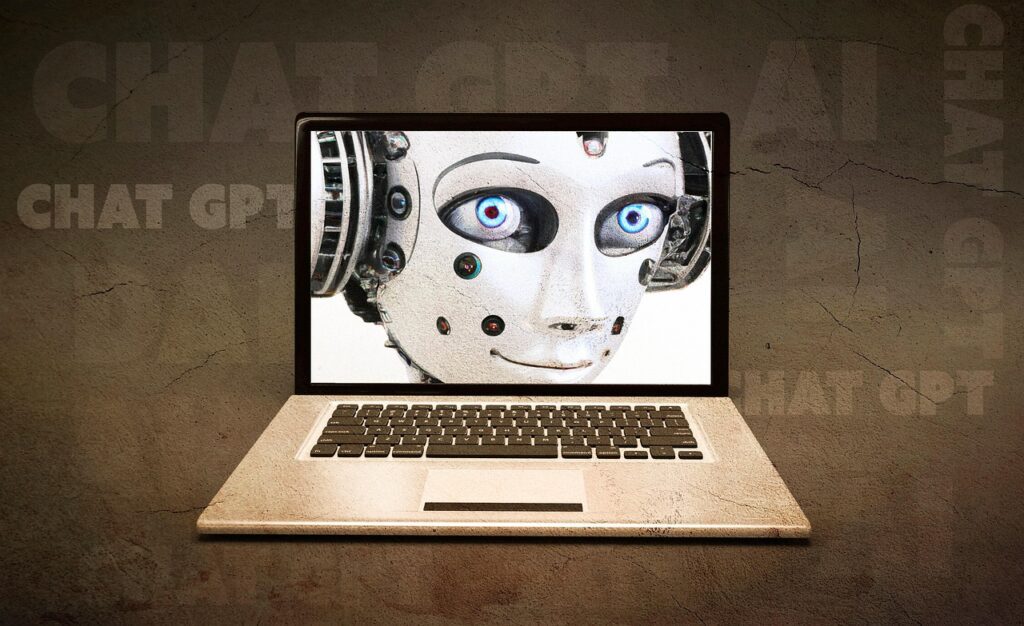How Are You Responding to AI Answers?
I’ve never been a huge supporter of AI tools for writing — even good options like Grammarly can be flat-out wrong and not understand context. But like it or not, people are turning to these tools to create content.
Much of the debate around AI and content creation is around whether a writer is really writing when the tool spits out a text on the writer’s behalf. The argument is that creatives shouldn’t outsource their initial thinking.
But initial thinking — that is, intentionally stepping back to let AI make decisions and generate results for you — isn’t the only issue. In the video below, I talk about the danger that’s present in the way AI answers can get us to think along specific creative pathways by the simple power of suggestion.
People naturally respond to and build on whatever gets introduced
Artificial intelligence tools are designed to feel as close to human as possible. That’s why they’re marketed as “assistants” and tools you can “chat” with. There’s a play on the back and forth you have to engage in with the technology.

In regular conversation, the way another person responds influences the next thing we think, say, or do. For instance, if someone starts talking about how much they love cheese, the seed is planted for you to also talk about cheese. You might respond with, “I have cheese on my burgers all the time — cheddar is my favorite.”
Working with AI is no different. When you read AI answers from a tool like ChatGPT, seeds are planted that can completely shift what your content might become. For example, if ChatGPT asks you, “Would you like me to generate this in style X?” or says, “This would work well as a…”, it’s difficult NOT to then think of style X or how the content might perform in a specific form for a certain audience.
On the positive side, this admittedly can help you become aware of other possibilities and break out of creative ruts. But on the negative side, if you aren’t intentional about coming in with a goal and staying on course, it’s easy to find yourself directed to a new path by the AI. There is an opportunity cost and loss of true creative autonomy in that. It means that, when you fire up an AI tool, you have to be prepared for the barrage of suggestions you’re going to get, focus well to avoid getting distracted, and refuse to see what the AI offers as a license to stop your own mental processing.
[Transcript summary]
As a writer, I have heard a ton of debate around generative AI. And one of the main arguments is that, if you use generative AI to come up with ideas for you and just kind of let it do the heavy lifting, that you are allowing your own ability to think to atrophy. And I think there’s a lot of truth to that.
But one thing that we are not discussing a whole lot is the power of suggestion of AI and what that does to our content. So, for example, you know, you — maybe you type something into ChatGPT, and it’ll tell you, “Would you like me to do this?” Or “How about you do this to your content?” Right? And maybe prior to that moment, you had never thought about going in that direction.
Now, in some cases, that can help you to brainstorm, get out of writer’s block, those kinds of things. But if you are never gonna go in that direction anyway, I think you really have to be careful and think about how much power you really are giving the AI over the arc of your creative ideas. Because at what point are they not really yours anymore, to just have the AI suggest something, and, you know, you’re still kind of thinking, but it’s not the direction that you would have gone by yourself, because you have that AI?
So, that is just one thing that I really want to have a conversation about. Let me know what you think about that in the comments below. Take care. Bye.